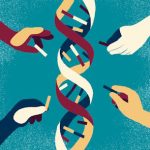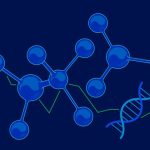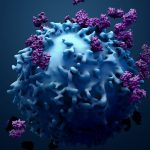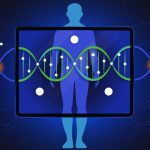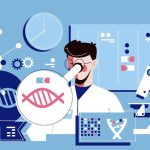The Role of Genetic Testing in Cancer and Rare Disease Diagnosis
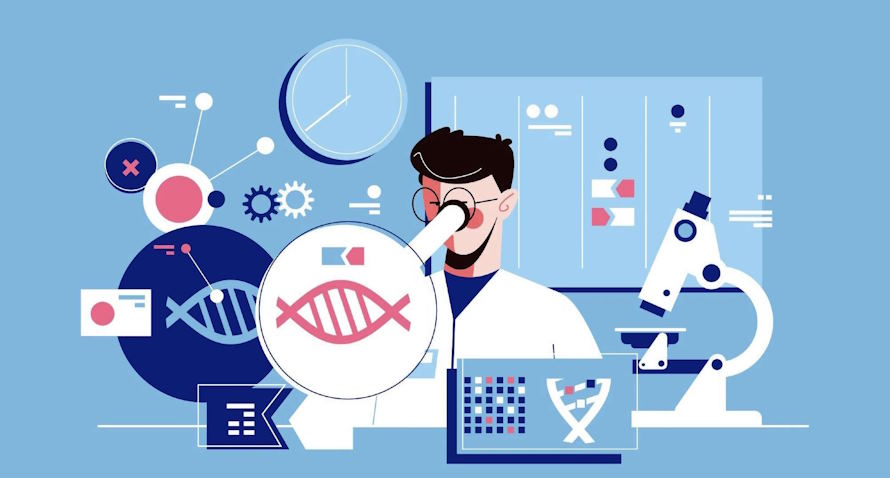
Genetic testing has revolutionized the field of medicine, playing a pivotal role in the diagnosis and management of various health conditions. In particular, its impact on cancer and rare disease diagnosis has been profound, providing valuable insights into the genetic underpinnings of these complex disorders. By analyzing an individual’s DNA, genetic testing can uncover specific mutations and genetic variations that contribute to the development of cancer or rare diseases.
Advancements in Genetic Testing Technologies
In recent years, genetic testing technologies have experienced remarkable advancements, revolutionizing the field of medicine and transforming the way we diagnose and manage diseases. One of the most significant breakthroughs in genetic testing is the advent of next-generation sequencing (NGS), a powerful tool that has had a profound impact on both cancer and rare disease diagnosis.
NGS allows for rapid and cost-effective sequencing of large amounts of genetic information, enabling researchers and clinicians to analyze an individual’s DNA with unprecedented speed and accuracy. This technology has revolutionized the field by making it possible to sequence entire genomes, exomes, or targeted gene panels efficiently. By doing so, NGS has significantly expanded our knowledge of the genetic alterations that drive cancer and rare diseases.
The benefits of NGS in cancer and rare disease diagnosis are numerous. Firstly, it enables comprehensive profiling of genetic mutations, providing a deeper understanding of the molecular mechanisms underlying these diseases. This knowledge is crucial for developing targeted therapies and personalized treatment plans tailored to each patient’s specific genetic makeup. NGS also allows for the identification of potential therapeutic targets, biomarkers, and genetic risk factors associated with disease susceptibility.
However, along with its benefits, NGS also presents certain limitations. The vast amount of data generated by NGS requires robust bioinformatics tools and expertise to analyze and interpret the results accurately. Additionally, the identification of genetic variants of uncertain significance can pose challenges in accurately diagnosing and predicting disease outcomes. These limitations highlight the need for ongoing research and development to address these challenges and optimize the utility of NGS in clinical practice.
Beyond NGS, emerging technologies such as single-cell sequencing, liquid biopsy, and gene editing hold tremendous potential in advancing genetic testing. Single-cell sequencing allows for the analysis of individual cells, uncovering cellular heterogeneity and providing insights into disease progression and treatment response at a cellular level. Liquid biopsy, on the other hand, enables non-invasive detection of genetic alterations by analyzing circulating tumor DNA or other biomarkers in bodily fluids. These technologies have the potential to enhance early detection, monitoring, and targeted treatment approaches.
While the advancements in genetic testing technologies offer immense promise, they also raise ethical considerations and challenges. Issues such as patient privacy, data security, and informed consent become crucial as more genetic information is collected and analyzed. Moreover, the potential for genetic discrimination and the accessibility and affordability of these advanced technologies must be addressed to ensure equitable access to genetic testing for all individuals.

Genetic Counseling and Patient Management
Genetic testing has become increasingly prevalent in healthcare, offering valuable insights into the genetic factors underlying various diseases. However, the complex nature of genetic testing results requires careful interpretation and effective communication to ensure patients fully understand the implications and make informed decisions.
One of the key roles of genetic counselors is to assist patients in understanding the psychological and emotional implications of genetic testing. The results of genetic testing can have a profound impact on individuals and their families, potentially revealing predispositions to certain diseases or genetic conditions. Genetic counselors provide emotional support, help patients cope with the results, and guide them in making informed decisions about medical management, preventive measures, and family planning.
Furthermore, genetic counseling plays a vital role in patient management based on genetic testing outcomes. Genetic counselors work closely with healthcare providers to develop tailored strategies for patients based on their genetic risk profiles. This may include recommendations for additional screening, preventive measures, lifestyle modifications, or treatment options. By integrating genetic testing results into patient management plans, genetic counselors contribute to personalized medicine, ensuring that healthcare decisions are informed by an individual’s unique genetic characteristics.
Ethical, Legal, and Social Implications of Genetic Testing
As the field of genetic testing continues to advance, it brings about a range of ethical, legal, and social considerations that must be carefully addressed. These implications have significant ramifications for individuals undergoing genetic testing, as well as society as a whole.
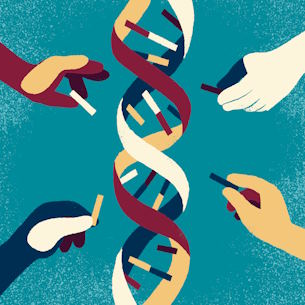 Privacy and confidentiality concerns are paramount when it comes to genetic testing. Genetic information is inherently personal and sensitive, containing intimate details about an individual’s health and predispositions. Ensuring the privacy and security of genetic data is crucial to protect individuals from potential misuse or discrimination. Robust safeguards must be in place to maintain the confidentiality of genetic information, including secure data storage, encryption, and strict access controls.
Privacy and confidentiality concerns are paramount when it comes to genetic testing. Genetic information is inherently personal and sensitive, containing intimate details about an individual’s health and predispositions. Ensuring the privacy and security of genetic data is crucial to protect individuals from potential misuse or discrimination. Robust safeguards must be in place to maintain the confidentiality of genetic information, including secure data storage, encryption, and strict access controls.
Genetic discrimination poses another ethical concern. Genetic testing results can potentially be used against individuals in areas such as employment, insurance coverage, and even personal relationships. This discrimination can have severe consequences, leading to denial of employment opportunities, increased insurance premiums, or strained social interactions. Legislation and policies need to be in place to protect individuals from genetic discrimination and ensure that genetic information does not negatively impact their lives.
Equitable access to genetic testing is a critical ethical consideration. Genetic testing should be accessible to all individuals, regardless of socioeconomic status, geographic location, or other factors. However, healthcare disparities can result in unequal access to genetic testing, creating disparities in diagnoses, treatment options, and outcomes. Efforts should be made to address these disparities and promote equal access to genetic testing, thereby ensuring that everyone can benefit from the potential advances in healthcare.
To navigate the ethical and legal complexities of genetic testing, regulatory frameworks and guidelines are essential. These frameworks provide standards for laboratory practices, result interpretation, and reporting. They also govern issues such as informed consent, data protection, and the responsible use of genetic information. Ethical review boards, professional societies, and regulatory agencies play crucial roles in establishing and enforcing these guidelines to maintain the integrity and ethical conduct of genetic testing.









